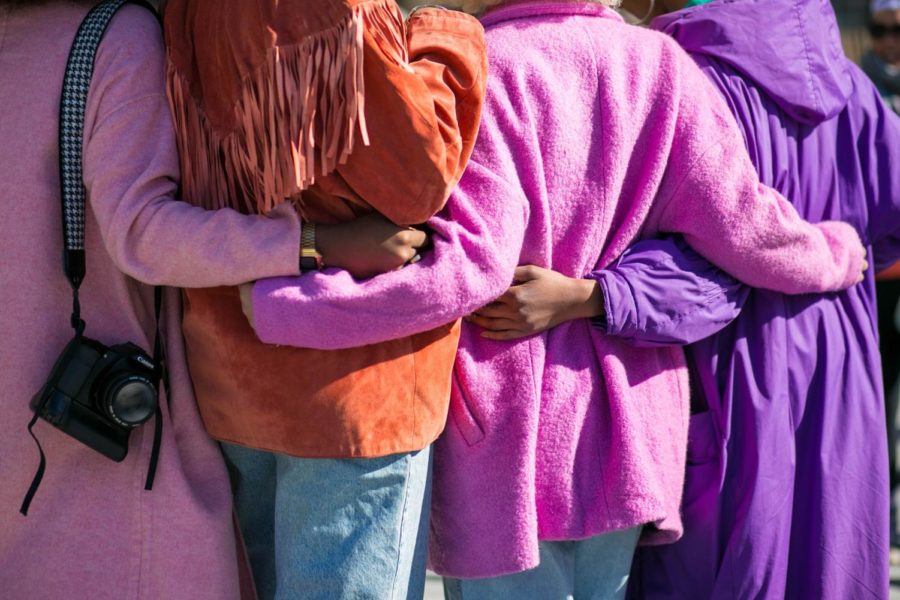Collegiate Recovery Community sets goals for a bright future
The Collegiate Recovery Community (CRC) created a student recovery branch last semester to connect students to resources.
January 21, 2020
The Collegiate Recovery Community (CRC) created a student recovery branch last semester to connect students to resources. Their new program is setting goals to expand and develop through the next semester to create a comfortable environment for students seeking help.
The CRC is a support-based program that provides resources and opportunities to those seeking recovery from addiction, according to the Collegiate Recovery website.
Director of Student Wellness Brian Vanderheyden said the program is a work in progress and has hopes to take off in the next couple years.
“I think a lot of people don’t think about students in recovery,” Vanderheyden said. “There are a lot of students on campus who have some sort of connection to recovery and most people don’t think about their college experience or what it’s like to navigate through a university environment.”
The admittance process for CRC is more relaxed than other organizations on campus. Students interested in the program can simply send an email to [email protected] to receive information and individual help.
“It’s all about getting the students connected to the thing they want to be,” Vanderheyden said. “If building that community support is important to them, then I’ll connect them to the student organization. Depending on their level of comfort, we have a list with announcements and updates to send them just to keep them in the loop.”
A large goal for the program this semester is to create a designated area for meetings and events to take place.
“There is a functional purpose for a designated recovery meeting space,” Vanderheyden said. “We want a space where community building can take place. Students can hang out, do homework and connect with others.”
As far as events go, Vanderheyden said this semester is more focused on expanding the program through meetings and finding what the students involved want.
“The meetings that we have this semester are just focused on student recovery,” Vanderheyden said. “We’re hoping to add more [events] in the future, but we’re really trying to have the students drive the program. Some years students are all-in on special events but others they couldn’t care less. We’re going to use this semester to generate ideas and find things they want to do.”
Other universities hold events such as sober tailgates and watch parties away from substances for students in recovery to take part in. Vanderheyden said events are up to the students but hopes the program will take off.
Keeping students involved in programs can be difficult with busy schedules. The CRC hosts meetings that are peer-led to encourage community as well as meetings with snacks and activities.
“From what I hear from students, just having a consistent time in the community for support tends to be the motivation to come back,” Vanderheyden said. “The consistency fits into the natural ebb and flow of student schedules.”

















